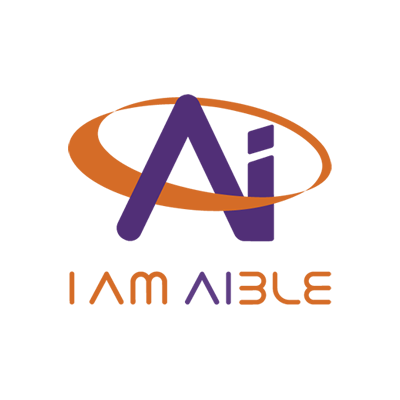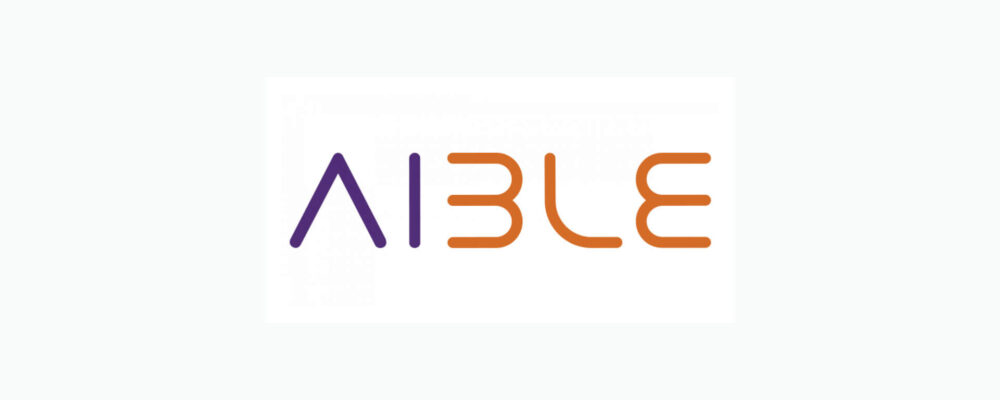Aible: An In-Depth Analysis of the AI Platform for Business Users
 Aible stands out in the crowded AI landscape by focusing on rapid deployment, ease of use, and tangible business impact. This analysis delves into Aible’s core features, strengths, weaknesses, and its place within the competitive landscape.
Aible stands out in the crowded AI landscape by focusing on rapid deployment, ease of use, and tangible business impact. This analysis delves into Aible’s core features, strengths, weaknesses, and its place within the competitive landscape.
Core Functionality:
Aible offers a suite of tools designed to streamline the AI workflow and empower business users to extract value from their data without needing extensive coding or data science expertise.
- Automated Machine Learning (AutoML): This forms the backbone of Aible, automating key tasks like data preprocessing, feature engineering, model selection, and hyperparameter tuning. This accelerates the model development process and allows users to focus on business outcomes.
- Aible Sense: This tool automatically analyzes data, identifies relevant features, and assesses data quality. It helps users understand their data’s potential for AI applications and guides them towards suitable use cases.
- Aible Explore: Provides an interactive environment for data exploration and visualization. Users can easily analyze patterns, identify trends, and gain insights from their data.
- Aible Optimize: Enables users to define business objectives, constraints, and preferences, and then generates optimized AI models that align with those specific requirements.
- Aible Deploy: Facilitates seamless deployment of AI models into existing business processes and applications.
Key Strengths:
- Speed and Efficiency: Aible’s emphasis on automation and streamlined workflows enables rapid development and deployment of AI solutions, often achieving measurable results within 30 days.
- Accessibility and Usability: The no-code platform empowers business users with limited technical skills to leverage AI effectively. The user-friendly interface promotes intuitive interaction and easy understanding of AI models and their implications.
- Business-Centric Approach: Aible focuses on aligning AI initiatives with business goals. It helps users define clear objectives, measure ROI, and optimize models for specific business contexts.
- Explainable AI (XAI): Aible provides transparency into its AI models by offering clear explanations for predictions and recommendations. This fosters trust and facilitates better decision-making.
- Serverless Architecture: Leveraging serverless infrastructure ensures scalability, cost-efficiency, and resource optimization.
Limitations:
- Customization Constraints: While AutoML simplifies the process, it might limit flexibility for advanced users who require fine-grained control over model building and algorithm selection.
- Data Dependency: Aible’s effectiveness relies heavily on the quality and relevance of input data. Inaccurate or incomplete data can lead to suboptimal results.
- Potential for Bias: AI models can inherit biases present in training data. While Aible offers tools for bias detection and mitigation, users need to be vigilant about potential biases.
- Cost Considerations: Aible’s pricing, while flexible, can represent a significant investment, especially for smaller businesses.
- Integration Challenges: Integrating Aible with existing systems and workflows might require effort depending on the complexity of the IT landscape.
Competitive Landscape:
Aible competes with a range of AI platforms and tools, including:
- DataRobot: Offers a broader set of features and customization options for data scientists.
- Dataiku: Provides a comprehensive data science platform catering to both beginners and experts.
- H2O.ai: Focuses on democratizing AI with open-source platforms and a strong community.
- Google Cloud AI Platform: Offers a comprehensive suite of AI tools tightly integrated with Google Cloud services.
- Amazon SageMaker: Provides a wide array of tools for building, training, and deploying machine learning models.
Aible differentiates itself by prioritizing speed, simplicity, and business impact. It targets business users who need to quickly deploy AI solutions without extensive technical expertise.
Use Cases:
Aible finds applications across diverse industries and business functions, including:
- Sales and Marketing: Predicting customer churn, identifying high-value leads, and optimizing marketing campaigns.
- Finance: Detecting fraud, assessing credit risk, and forecasting financial performance.
- Operations: Improving supply chain efficiency, optimizing inventory management, and predicting equipment failures.
- Healthcare: Predicting patient outcomes, optimizing resource allocation, and personalizing treatment plans.
Conclusion:
Aible presents a compelling proposition for businesses seeking to harness the power of AI for data-driven decision-making. Its strengths lie in its speed, ease of use, focus on business outcomes, and explainable AI capabilities. By understanding its limitations and comparing it with alternative solutions, organizations can determine if Aible aligns with their specific needs and resources. As AI continues to evolve, Aible’s focus on accessibility and practical applications positions it as a valuable tool for businesses looking to gain a competitive edge in the data-driven era.

